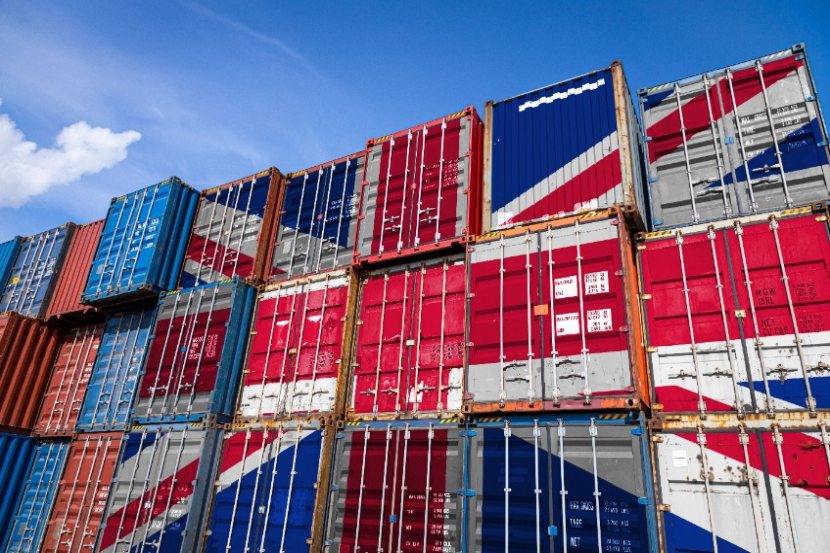
A significant amount of the UK’s meat production may become non-compliant for export to the EU if proposed changes are implemented, the sheep sector has warned.
The controversial change, proposed by Defra, would mean a veterinary attestation of health status must accompany animals destined for slaughter.
The change could be introduced next month in order to be fully compliant with the EU Animal Health Regulations, now that the UK is out of the bloc.
Until now, farmers have been able to comply with EU Animal Health Regulations (AHR) by providing a simple farmer declaration that vet visits have been done.
However, in May this year, Defra took the unilateral decision to add a UK-only requirement for a veterinary attestation.
Farmers, the wider supply chain, and veterinary surgeons have highlighted concerns that they may not be able to deliver this with such short notice, as the deadline is 13 December 2022.
The National Sheep Association (NSA) said that "once again" the industry was having to "fight hard to avoid yet another Brexit barrier".
With 72% of all meat exports and 96% of all sheep meat exports going to the EU, the body is concerned this has the potential to have a major impact on farmers, auction markets and meat processors.
The changes are likely to have an "immediate impact" on livestock prices in the UK, as well as causing "significant and costly disruption" for the supply chain.
NSA chief executive, Phil Stocker said: "There has been little effort to understand or accept the challenges that vet signed attestations bring, and no appreciation that the industry would need time for this new requirement to be implemented.
"There is a very high percentage of sheep farmers who are not part of voluntary assurance schemes and there is not enough time, or vets, to do any necessary additional inspections.”
Sheep Veterinary Society (SVS) representative, Philippa Page said the SVS was 'concerned' by the short timescale in which veterinary certified attestations would be required by sheep farmers supplying products for the export market.
“We are concerned over the veterinary capacity to deliver signed attestations by the date of 13 December 2022 and are significantly concerned that this will delay exports and put unnecessary pressures on veterinary teams and farmers.
"We appreciate that farm assurance declarations may be suitable but recognise a significant proportion of sheep holdings under veterinary care are not members of farm assurance schemes. The method of provision of veterinary attestations is also unclear.”
SVS and NSA are calling on Defra to "listen and work constructively" with the industry to arrive at a point where it can fully comply with EU requirements for trade.
The associations, however, are highlighting the that the sector must be given time to adapt and the tools needed to avoid additional red tape that risks the UK sector being alienated from its main trading partners.
